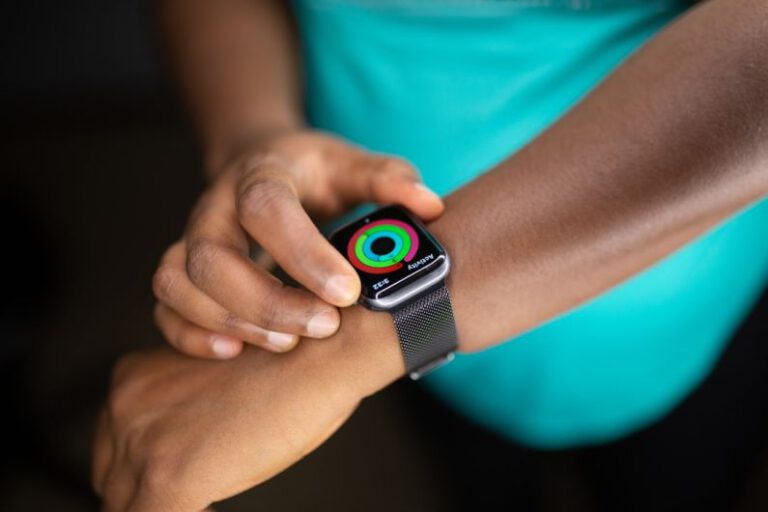The Future of Personalized Health Tracking
Advancements in technology have transformed the way we approach health and wellness. From wearable fitness trackers to personalized nutrition plans, the trend of personalized health tracking is gaining momentum. This innovative approach leverages data and insights to tailor health and wellness recommendations to individual needs, preferences, and goals. As we look ahead, the future of personalized health tracking holds immense potential to revolutionize the way we manage our well-being.
Personalized Health Tracking: A Holistic Approach
Personalized health tracking goes beyond just counting steps or monitoring heart rate. It encompasses a holistic approach to well-being by taking into account various aspects of an individual’s health, including physical activity, sleep patterns, nutrition, stress levels, and more. By collecting data from multiple sources, such as wearable devices, mobile apps, and digital platforms, personalized health tracking provides a comprehensive view of an individual’s health profile.
The Rise of AI and Machine Learning
Artificial intelligence (AI) and machine learning are playing a significant role in shaping the future of personalized health tracking. These technologies have the ability to analyze vast amounts of data quickly and efficiently, allowing for real-time insights and personalized recommendations. By leveraging AI algorithms, personalized health tracking platforms can identify trends, predict health outcomes, and offer tailored interventions to help individuals achieve their health goals.
Empowering Individuals to Take Control
One of the key benefits of personalized health tracking is its ability to empower individuals to take control of their health. By providing personalized insights and recommendations, these tools enable individuals to make informed decisions about their lifestyle choices. Whether it’s adjusting exercise routines, modifying dietary habits, or managing stress levels, personalized health tracking puts the power back into the hands of the individual, allowing them to proactively manage their well-being.
Enhancing Preventive Care and Early Detection
Personalized health tracking also has the potential to enhance preventive care and early detection of health issues. By continuously monitoring key health metrics, such as heart rate variability, blood pressure, and sleep quality, individuals can identify potential risks and take proactive measures to address them. Early detection of anomalies or changes in health patterns can lead to timely interventions, ultimately reducing the risk of developing chronic conditions and improving overall health outcomes.
The Role of Personalized Medicine
In the realm of personalized health tracking, personalized medicine plays a crucial role in tailoring treatment plans to individual genetic makeup, lifestyle factors, and health history. By integrating genetic testing, biomarker analysis, and other personalized data points, healthcare providers can develop targeted interventions that are specific to each individual’s needs. This personalized approach not only improves treatment efficacy but also minimizes adverse effects, leading to better health outcomes for patients.
Privacy and Data Security Concerns
As personalized health tracking becomes more prevalent, concerns around privacy and data security are increasingly relevant. With the collection of sensitive health data, including biometric information and personal health records, it is essential to ensure that robust security measures are in place to protect individuals’ privacy. Transparent data practices, secure encryption protocols, and compliance with data protection regulations are essential to building trust and ensuring the confidentiality of personal health information.
The Future Landscape of Personalized Health Tracking
Looking ahead, the future of personalized health tracking is poised for continued growth and innovation. Advancements in wearable technology, AI-driven analytics, and personalized medicine will further enhance the capabilities of health tracking platforms, enabling more precise and personalized interventions. As individuals become more proactive in managing their health, personalized health tracking will play a pivotal role in promoting well-being, preventing disease, and improving overall quality of life.
In Conclusion: A New Era of Personalized Health and Wellness
The future of personalized health tracking heralds a new era of health and wellness, where individuals have the tools and insights they need to take charge of their well-being. By harnessing the power of data, technology, and personalized interventions, personalized health tracking is reshaping the landscape of healthcare, empowering individuals to live healthier, more fulfilling lives. As we continue to embrace these innovations, the possibilities for personalized health tracking are limitless, promising a future where tailored health solutions are the norm, not the exception.






